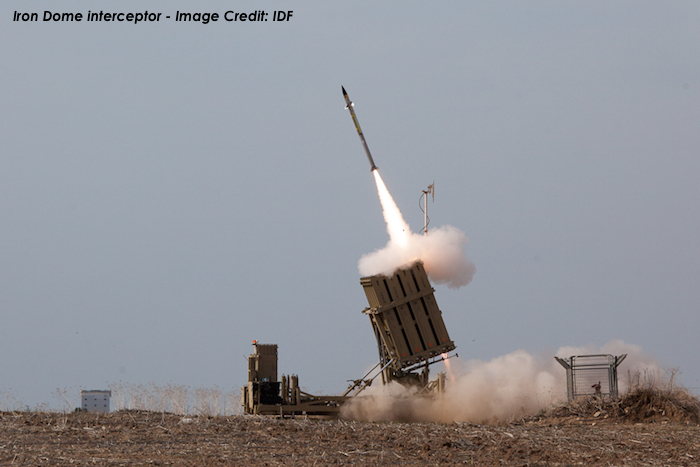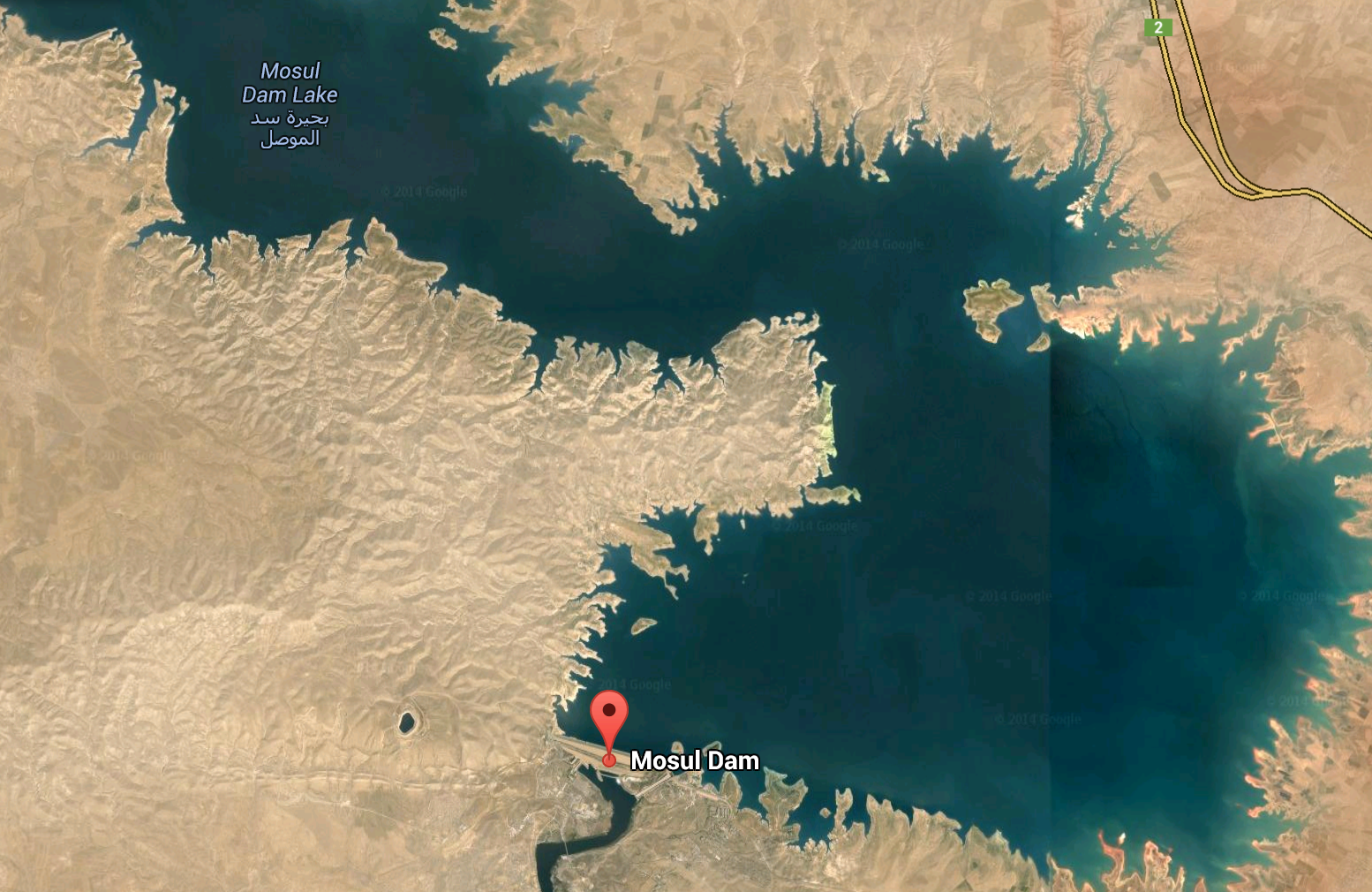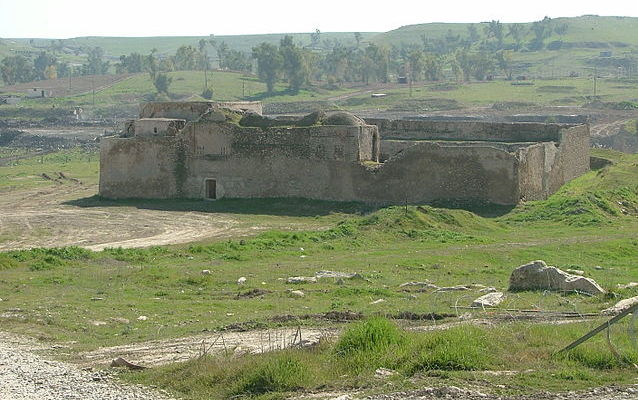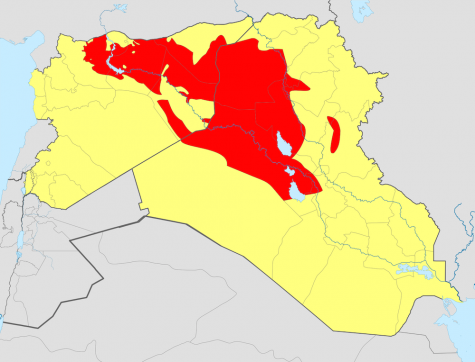On our last radio episode, Persephone made a case that countries that sell weapons around the world as a big revenue source have a conflict of interest on fostering peace, in that it might affect their export revenues.
In many of the British examples we discussed, the sales are generally from private firms. In the United States, it’s a mix of private sales versus government discounted arms transfers and surplus equipment sales to allied armed forces, for strategic and fiscal reasons. A country’s government has an especially strong incentive to sell weapons to other countries when it devotes significant expenditures to research and development of the weapons. It’s a way to make some of it back.
Haaretz, the Israeli newspaper, published an article today on the Israeli defense industry’s ramped-up production and foreign sales efforts during the recent bombardment, shielding, and ground operations against the Gaza Strip. Although there have been some major privatizations in recent years, much of the country’s defense industry is still composed of wholly-government-owned state enterprises. They have long been burdened with debt and were facing budget cuts. That means that if the companies — and by extension their government owners — were going to turn things around financially, they had a strong incentive to sell a lot of weapons to other countries. And as the article explores, through repeated examples, nothing sells a new weapons technology like real-life combat tests.
Some of the companies were even rushing brand new products off the assembly lines and into the field. And even as they were being deployed in the Gaza Strip, purchasers were flocking to Israel for explicit sales pitches, Haaretz reported:
“For the defense industries this campaign is like drinking a very strong energy drink — it simply gives them tremendous forward momentum,” says Barbara Opall-Rome, Israel bureau chief for the U.S. magazine Defense News. “Combat is like the highest seal of approval when it comes to the international markets. What has proven itself in battle is much easier to sell. Immediately after the operation, and perhaps even during, all kinds of delegations arrive here from countries that appreciate Israel’s technological capabilities and are interested in testing the new products.”
From new light arms ammunition to new tank shells and tank defenses, Israel’s private defense firms (which have excellent lobbyists and ties to the government) and public state defense companies (which are expected to minimize balance sheet losses and turn a profit for the government if possible), there’s a lot of really warped policy incentives in favor of pursuing a very aggressive, even hair-trigger “defense policy” in the Palestinian Territories.
Similarly, with highly experimental, very expensive, and very re-sellable technologies like a missile defense system co-designed by a state defense company, it could be suggested that goading an entity into firing daily barrages of missiles at a shield that will catch virtually all of them is an excellent way to prove to buyer countries that they should purchase the system for their own defense needs.
A country with big, financially struggling, government-owned defense firms puts itself under a lot of pressure to enable situations that will allow for combat demonstrations to foreign observers who can buy products and put money back in the government coffers (or at least reduce the need for direct budget expenditures). It’s possible to resist that pressure, but it’s there.
It’s hard to make peace when your finances are aligned in favor of making war. That’s true to some extent with the United States and many of the other countries we mentioned on our radio segment. But it’s particularly worrying with regard to Israel, where government and the defense industry are even more intertwined.







